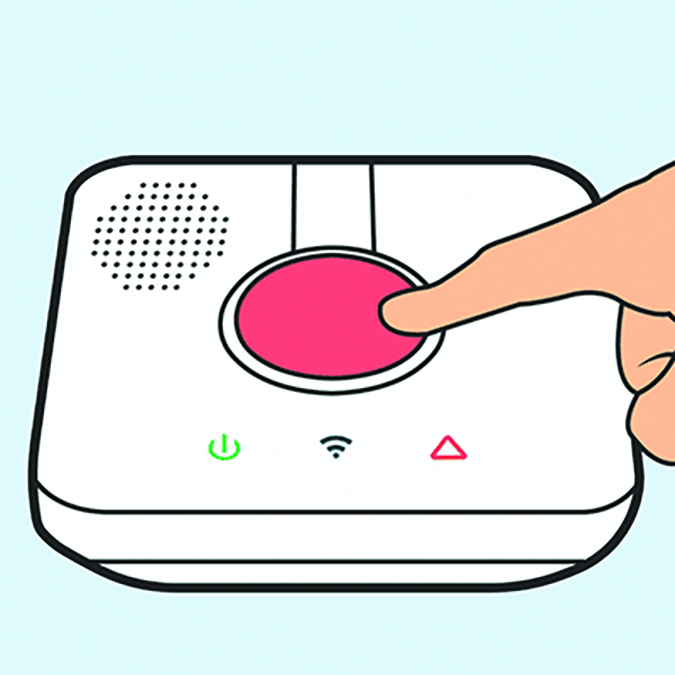Category: Giving Care
-
The Importance of Senior Living
Seniors may feel hesitant about making the move to a senior living community and believe the transition will come with a decrease in independence and quality of life. But that couldn’t be further from the truth.
-
The Power of Music in Memory Care
Programming for the residents of a memory care facility can be challenging. Everyone is at a different place health-wise. Many activities are not appropriate for everyone. Even one-on-one activities can be challenging with this population.
-
Preventing Transfer Trauma
Ensuring our elderly loved ones’ well-being during their transition into care homes is crucial. This emotional and often stressful journey demands a meticulous approach to prevent transfer trauma, which can result from frequent relocations and adjustments to new environments and care teams. Utilizing a seasoned nurse consultant, particularly one knowledgeable in disease processes, becomes vital.…
-
The Realities of Caregiving
Caregiving has been part of mankind’s existence from the beginning. We’ve all had caregivers — usually known as Mom and Dad. Many of us have been caregivers of our own children. And as needs changed, parents adjusted their caregiving duties. That is the very first reality of caregiving… ■ Caregiving changes with time. For caregivers…
-
Care & Self-Care Holiday Gifts
Gearing up for the holidays often means thinking about gifts. Giving them and receiving them! Caregivers in general are givers. Most give of their time; many, of their own resources; and some give their entire personal purpose as they care for another. The Caregiver Foundation (TCF) works to support caregivers, kūpuna, and disabled adults.
-
Dementia Care in Times of Crisis
Caregiving for your loved one with dementia, especially during a crisis, can present special challenges. Those with dementia often do not do well with changes in their routine, making it difficult to care for them when the unexpected happens.
-
Game On!
Since this issue is focused on the Sports world, I thought it would be fun to show the “sporting events” that are held in adult day care centers!
-
Dana is a Joy!
DANA (pronounced Donna) is a Sanskrit word that is defined as selfless giving of time and energy; providing compassion and care without the desire for recognition or expression of appreciation. Dana is not someone’s name, or an acronym. Dana is an expression of love, compassion, faith, and caring.
-
Insights from a Dementia Nurse
Caring for anyone with memory loss is difficult. Patients with memory loss can be fearful. Unsure of what’s happening around them. Imagine, after all, forgetting the faces of your loved ones. Driving and suddenly realize you can’t recall your destination.

